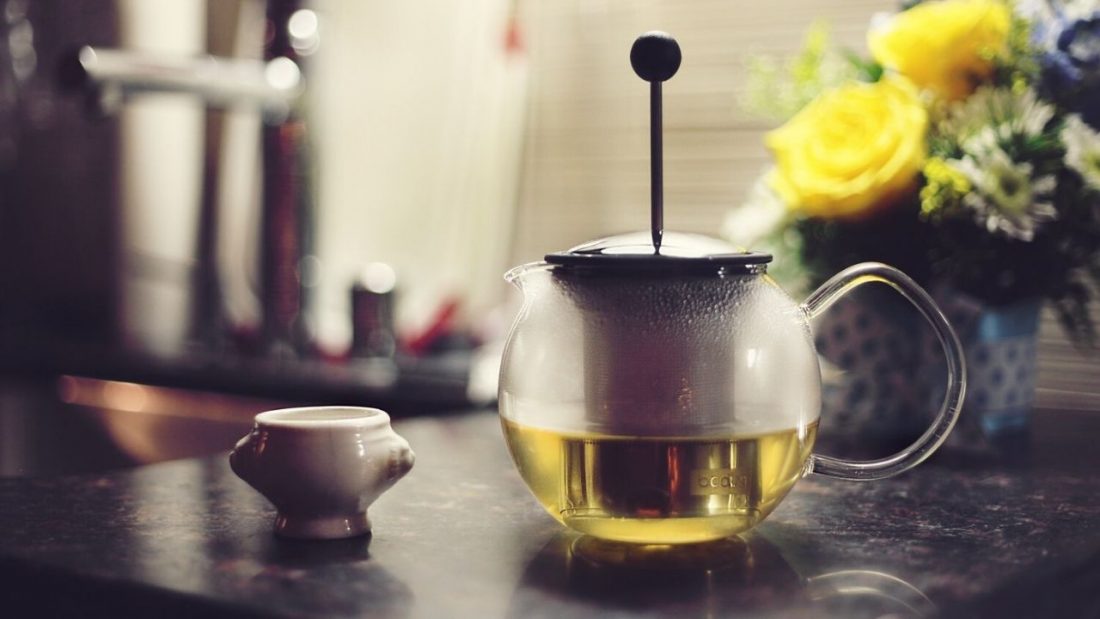Do you sometimes feel tired, frazzled, or disheartened? You are not alone. Rituals help us maintain a sense of balance and direction in our lives. But I believe that the real importance of rituals is their ability to evolve with us.
Image Credit: Unsplash Photos, Vee O
What are rituals?
If the word ritual brings religious practices to mind, then you are correct about the origination of this word. But a ritual in a broad sense means, “a sequence of activities followed by someone”. The activities are usually completed in a prescribed order.
I often refer to my morning ritual of yoga, meditation, and drinking tea. In my situation though, the order of activities may change for practical reasons. But the order is important …
I usually start with yoga because it helps focus my mind within my body (and not thoughts outside of me). Yoga also warms up my body and promotes circulation, so I will be more comfortable when I meditate.
Moving onto a mindfulness meditation on my breath or an object of interest requires additional focus and attention. It is important that I am comfortable when I sit, so I can focus more easily.
My tea also tastes different after meditation than before, because my mind is more attentive. I become more aware of the subtle flavours and sensations of drinking my tea.
The importance of rituals is that they help support you, which means that you have to be practical about the amount of time you can commit.
“Rituals don’t have to take hours.”
Simple rituals
In an earlier post, I provided examples of how to take a pause with mindfulness. Each of these activities could become part of your rituals. You might also choose mindful eating.
Each activity that I include in my morning ritual is a ritual in it is own right. Take drinking tea as an example.
When does the ritual begin and end? If you prepare your tea mindfully then the ritual includes:
- Selecting the tea
- Boiling the water
- Choosing the teapot and cup
- Waiting for the tea to brew
- Pouring the tea
- Observing the tea in the cup—noticing the aroma and colour
- Tasting the tea
- Observing the tea as you swallow it
- Noticing how you feel after drinking your tea
- Emptying the tea leaves from the pot
- Washing your cup and pot
- Drying you cup and pot
- Putting away your cup and pot …
The importance of rituals is their benefit
I can’t really say that the importance of rituals is choosing an activity that you enjoy …
When you start meditating it is hard, frustrating and you can feel like giving up.
Often the medicine is opposite to our current behaviour. So it is going to feel strange to start with. But after a while, we understand and enjoy the benefit.
Take the following examples:
- If you have an overactive mind and feel overwhelmed, then meditation would be calm and centre your thoughts.
- If you naturally enjoy lazing on the sofa but are feeling sluggish, then walking or another physical activity would be beneficial.
- If you have difficulty expressing your feelings, then journal writing might assist you to express how you feel.
See my point …
This is why I love the Ayurveda approach to balancing our constitutions. Ayurveda is all about getting the right balance of movement and stillness in our mind and body. Some of us need to slow down whereas others need to speed up. This is the importance of rituals; being able to evolve with our current needs. As a starting point, ask yourself “do I need to slow down or speed up?”
As a starting point, ask yourself “do I need to slow down or speed up?”
The Eating for You book provides personalised guidance for creating supportive rituals.
